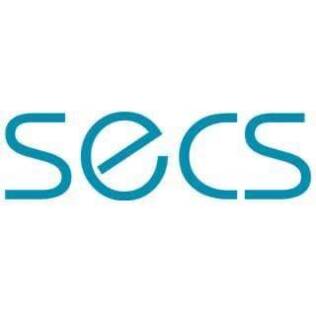Search form
Number of partners: 947
Sort by:
-

Sociedad Nacional de la Cruz Roja Colombiana
SNCRC
The Colombian Red Cross is a Colombian-based nonprofit private entity member of the International Red Cross and Red Crescent Society. It has been a member since 1922. The Colombian Red Cross embraces the principles of the International Red Cross. -

Societatea de Educație Contraceptivă și Sexuală
SECS
The Contraceptive and Sexual Education Society is a non-governmental organization founded in 1990 with the help of the IPPF (International Planned Parenthood Federation) to meet the needs of information, education and service provision in the field of sexual and reproductive health. -

Society for the Development and Creative Occupation of Children
EADAP
Society for the Development and Creative Occupation of Children (EADAP)


